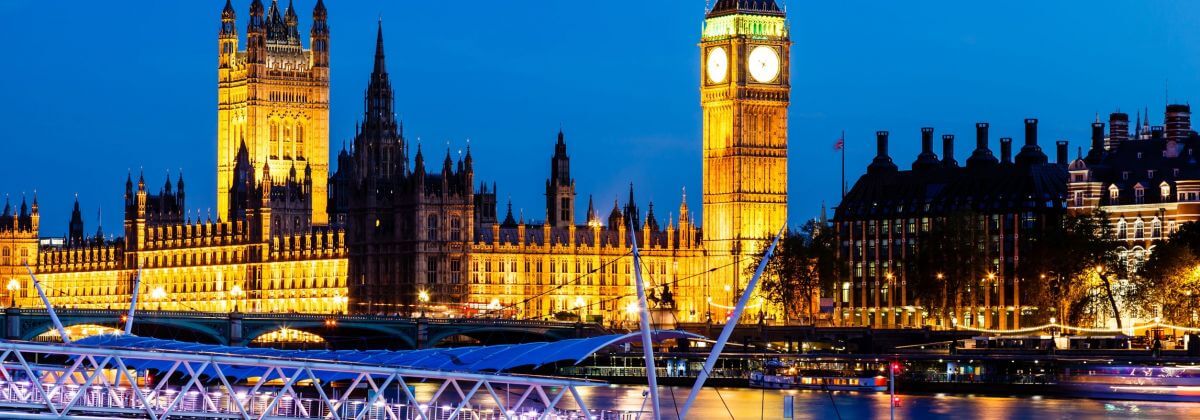Home Affairs Committee report on post-Brexit migration policy

July 31, 2018
Commenting, Alp Mehmet, Vice Chairman of Migration Watch UK, said:
The committee received a range of evidence but has seemingly failed to take sufficient account of the extent to which the public still wants EU immigration to be reduced. Worryingly the Committee appears to believe that immigration should be negotiated as part of the wider trade talks. This is not only woefully out of touch with public sentiment but would also fail to respect the referendum result.
Note to editors
- The Committee does not attach any numbers to the options that it sets out as viable policy alternatives [e.g. an 'emergency brake', labour market reforms or a Swiss-style solution within the Single Market].
- One chief advocate of a Swiss-style solution has said that it 'will not be the answer' if the aim is to reduce EU immigration.
- An 'emergency brake' on in-work benefits, meanwhile, would be ineffective in reducing EU immigration for reasons which we have outlined at length before [see our February 2016 paper: MW373 - In-work benefit restrictions and EU migrants to the UK].
- In contrast, our proposed post-Brexit policy would allow employers to continue recruiting top talent from Europe while also reducing EU net migration by an estimated 100,000 per year from recent record levels [see our paper: MW447 - Brexit and immigration: the way forward].
See also our paper on the EEA 'emergency brake'.
See our written evidence to the Home Affairs Committee, July 2018.
See Migration Watch UK Chairman Lord Green of Deddington's oral evidence to the Committee, June 2018.
